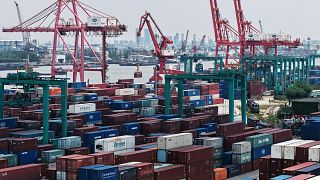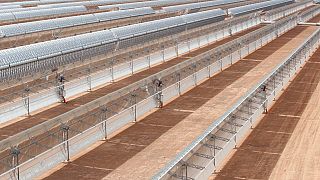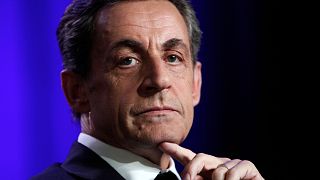Libya
Libyans suffer from a devaluation of currency, despite an economic reform package by the U.N.-backed government, in Tripoli aimed at easing galloping inflation.
After a month strolling the gold market in Libya’s capital,Tripoli, retired public servant Milud Farhat was unable to find any jewellery he could afford for his daughter’s wedding.
The 60-year-old is typical of Libya’s once well-to-do middle class, impoverished by high inflation and devaluation during years of conflict in what used to be one of the Arab world’s wealthiest countries.
“I have been coming every day for a month hoping that (gold) prices go down. Since they devalued the currency last month, (price of gold) has never gone below $105). The decline is very slow,” said Farhat.
In contrast, armed groups whose commanders cruise Tripoli’s pot-holed streets in luxury cars have become rich by forcing authorities to hire them and grant them cheap dollars they can change on the black market for a premium.
To tackle this “war economy”, Tripoli’s internationally recognised government in September effectively devalued the exchange rate to 3.9 dinars per dollar from 1.3.
Gold prices have dipped a little to around 180 dinars ($46) an ounce since the devaluation, but are still triple their level in 2014 when the dinar started diving due to volatile oil revenues, Libya’s lifeline.
Vice President of Libya’s presidential Council, Ahmed Mu’Aitaq said the goal of the decisions and amendments as well as the presidential decree number 1300 is to end the presence of the black market and to have all the transfers taking place through the central bank.
“The rate (of the dollar) will be close to the official rate. Meanwhile, the imposed fees will be lowered as per the decision of the presidential council in order to gradually reach a fair rate that truly express the real rate of the Libyan dinar” he added.
Mu’Aitaq said they expect that the results of the economic reforms will be clearer by the beginning of next year. Adding that the liquidity problem is about to be solved.
“During the past three months, we have seen some very positive results since the (application of) reforms. The liquidity problem will be the first to be solved, after that the exchange rate will gradually (change) until the difference between the black market and the banks will be very minor” he said.
For a small and well-connected elite, money is still flowing as they keep a grip on business and oil revenues.
In Tripoli’s upmarket neighbourhoods, sleek stores sell international fashion brands and new restaurants and cafes are opening.













02:09
In a bid to aid its economy, Lebanon hopes to return to golden age of tourism
01:09
Egypt: Inflation forecast to have climbed further in May
01:08
OECD revises forecast, projects slowdown in global economic growth
Go to video
Libya devalues currency for first time in four years amid fiscal strain
Go to video
Muslims in Cairo stock up on provisions for Ramadan
01:49
January sees Egypt's inflation Fall to 23.0% due to base effect